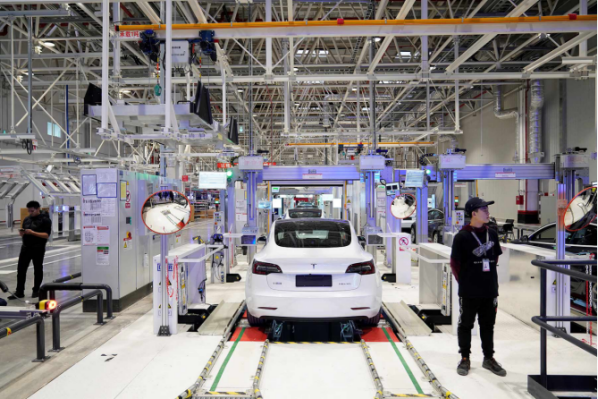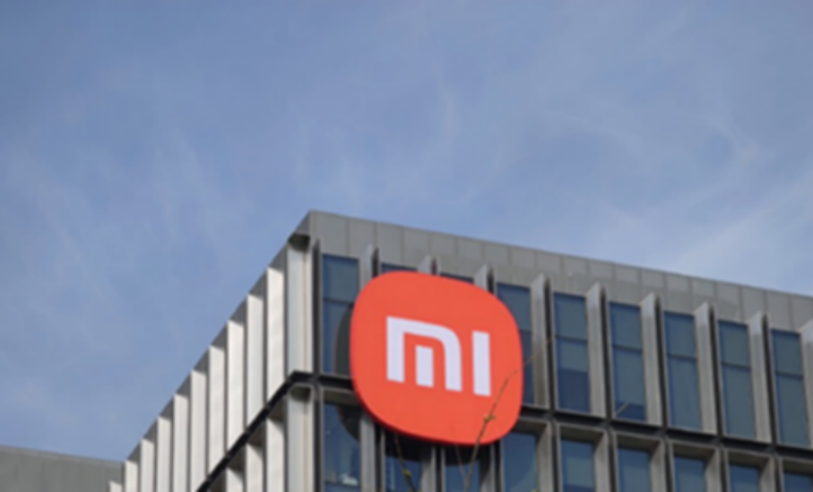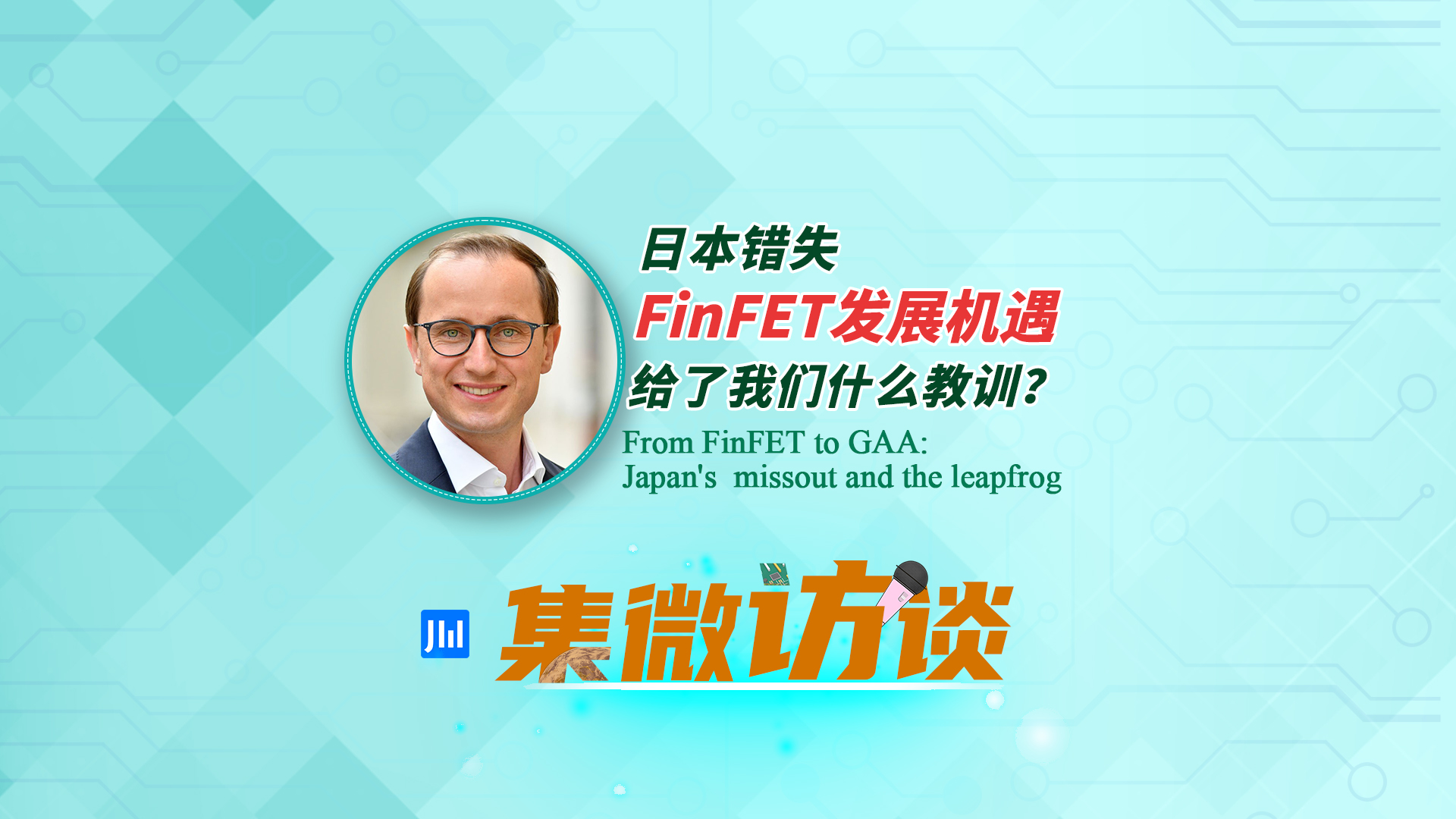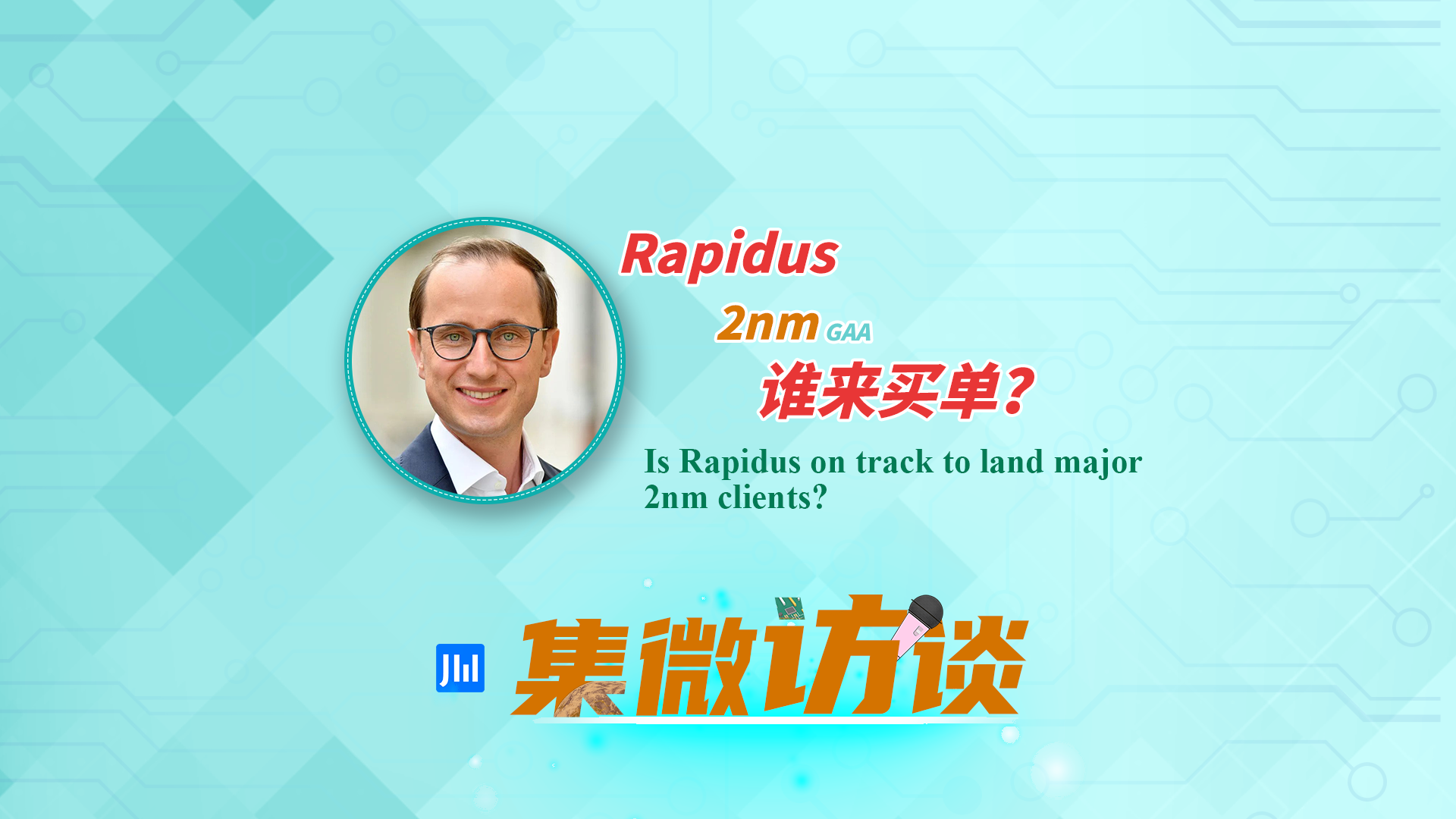Chinese smartphone and IoT products maker Xiaomi recently withdrew its patent invalidity proceedings in Germany against Philips’s HEVC patent, indicating the likelihood that the HEVC patent dispute between Xiaomi and Philips has been settled, JW Insights learned.
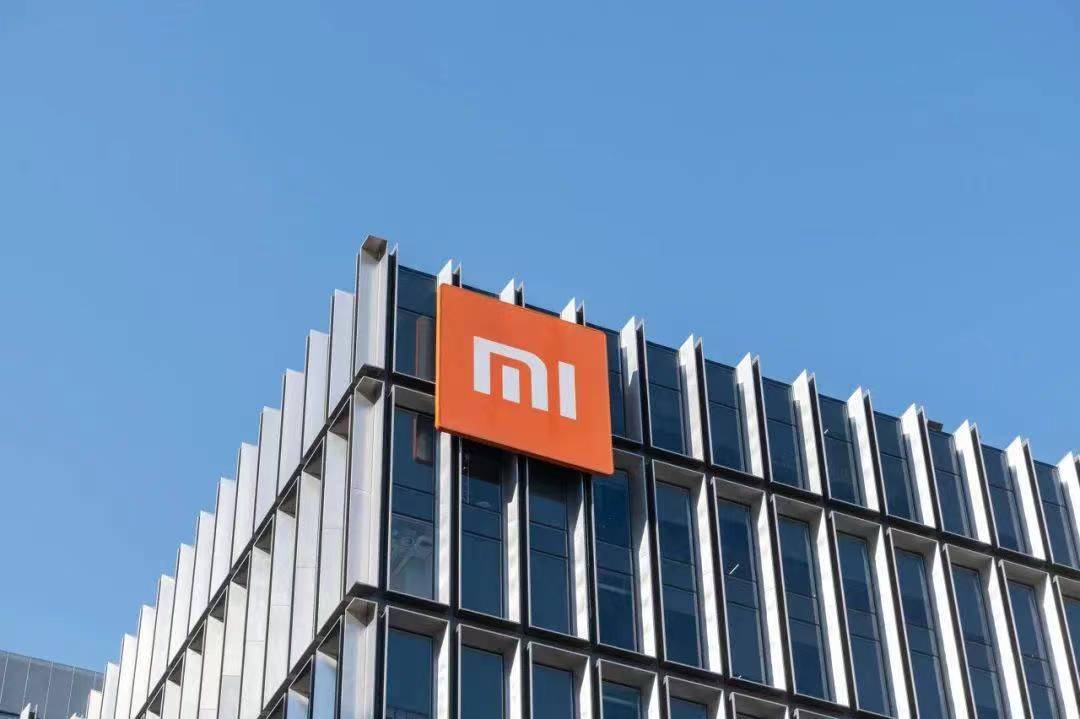
Xiaomi’s HEVC case with Philips is part of its dispute with the Access Advance patent pool. Earlier this year, the Düsseldorf District Court in Germany ruled that Access Advance’s pool license did not comply with FRAND(Fair, Reasonable and Non-discriminatory)terms and declined to grant an injunction to Turkish TV maker Vestel. The ruling forced Access Advance to adjust its Duplicate Royalty policy. An analyst in JW Insights’ legal consulting division who follows the case commented that the unfavorable judgment by the Düsseldorf District Court is likely to prompt Philips to seek a quick settlement with Xiaomi, allowing Xiaomi to obtain licensing terms in line with its expectations.
As one of the founders of Access Advance, Philips's choice to settle with Xiaomi as soon as possible in this lawsuit has undoubtedly shaken the licensing terms that Access Advance is now insisting on, said the analyst.
If the settlement has indeed occurred, and Xiaomi submits the licensing terms reached with Philips to the court in the follow-up litigation against other Access Advance licensors, it may have a significant impact on the outcome of the cases between Xiaomi and GEVC, Mitsubishi, and IP Bridge.
At the same time, the number of Access Advance licensors that have reached licensing agreements with Xiaomi now is expected to expand further. If Access Advance and Xiaomi plan to settle in the future, the problem of duplicate royalty policy and inconsistent rates (Access Advance requires significantly higher rates compared with another HEVC patent pool MPEG LA) will become more prominent.
In this sense, the settlement between Xiaomi and Philips may serve as a breakthrough in the HEVC patent licensing barrier and promote the licensing of video codec technology patents in a more sustainable way, said the JW Insights analyst.



